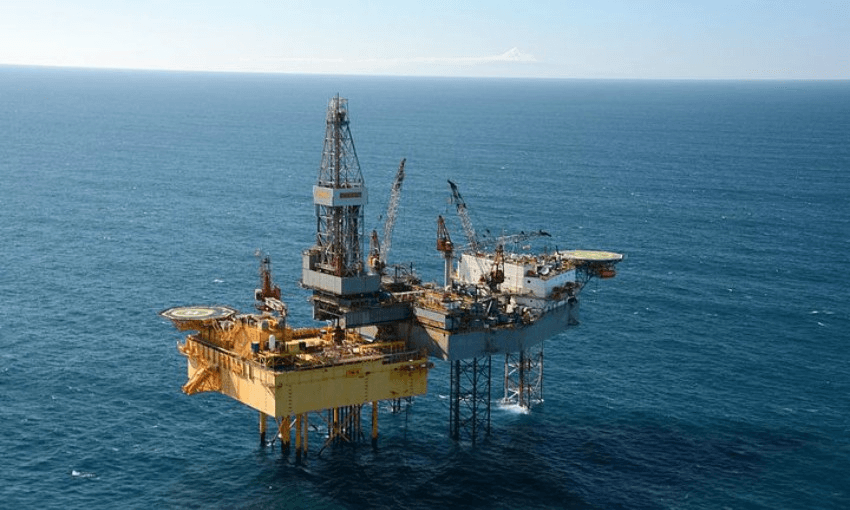Should further oil and gas exploration in New Zealand be banned? Cameron Madgwick, CEO of the Petroleum Exploration and Production Association of New Zealand (PEPANZ) weighs in.
Should we keep exploring for more oil and gas in New Zealand? This is the big question the government is currently weighing up with a decision due soon.
In our view it’s a bad idea to stop, for the simple reason it will do nothing to lower global emissions and could well make them worse. This is because New Zealand is a small producer (0.014% of global supply) and any reduction in our supply would be easily filled by overseas producers.
This would be bad for the environment: New Zealand is blessed with natural gas which has half the emissions of coal; oil produced here also has a lower emissions footprint than oil produced overseas. By way of illustration, every 12 days China builds another coal-fired power plant. If we could get them to run on natural gas instead (ideally supplied by New Zealand) that would help lower the world’s emissions.
A major gas discovery somewhere around the South Island could also mean local coal users (like milk processing plants) could switch to gas and lower our net emissions as a result. That’s not to mention the massive economic impacts it could have in the regions. The industry is already worth $2.5 billion to the New Zealand economy, supporting up to 10,000 jobs at peak times and earning the Government around $500 million per year in taxes and royalties.
Exploration is also extremely important for energy security. Without new discoveries we are likely to run out of natural gas in 10 years. So this is not some distant issue decades in the future; it directly affects nearly 270,000 households and businesses who rely on natural gas and the job security of thousands of people.
As well as heating our homes and water and cooking our food, gas is used by schools, hospitals and community facilities like swimming pools. Major industrial uses include milk plants, timber processing and fertiliser production.
There is no alternative energy source readily available to cover that gap. To fill the gap many users would switch to coal (with double the emissions) or import more expensive fuel from overseas (again likely to result in higher net emissions).
None of this is to deny the sincerity of groups calling for a ban on exploration. As an industry we totally accept the challenge ahead and the need to reduce net greenhouse gas emissions, but you need to choose the right policy tool to do this. Simply banning exploration would be a lose-lose outcome for the environment and economy.
That’s why we support demand-focussed policies like the Emissions Trading Scheme (ETS). We also need to improve energy efficiency, diversify energy sources and use new technology like carbon-capture storage.
Some still argue that an exploration ban is worth pursuing for nothing else than the symbolic importance of showing ‘leadership’. But is that symbolism really worthwhile if it means a worse outcome for the environment and the economy?
The Spinoff’s business section is enabled by our friends at Kiwibank. Kiwibank backs small to medium businesses, social enterprises and Kiwis who innovate to make good things happen.
Check out how Kiwibank can help your business take the next step.
